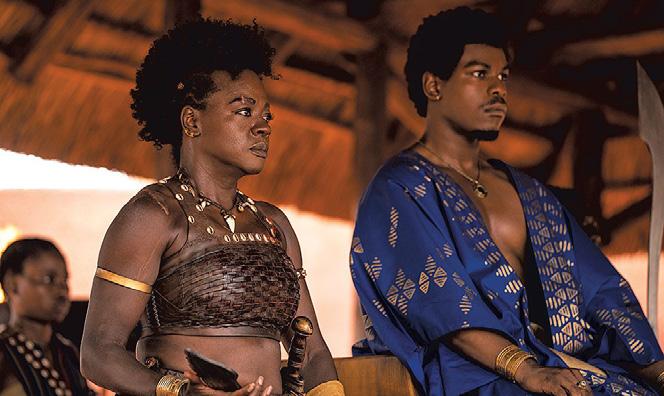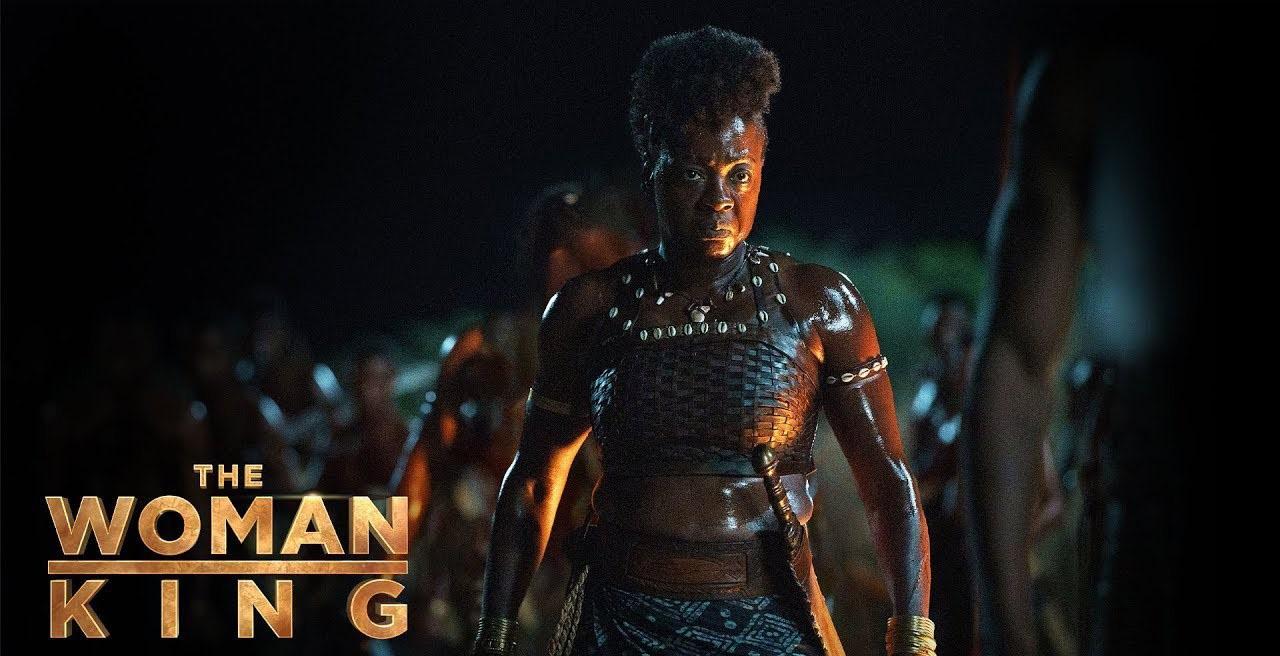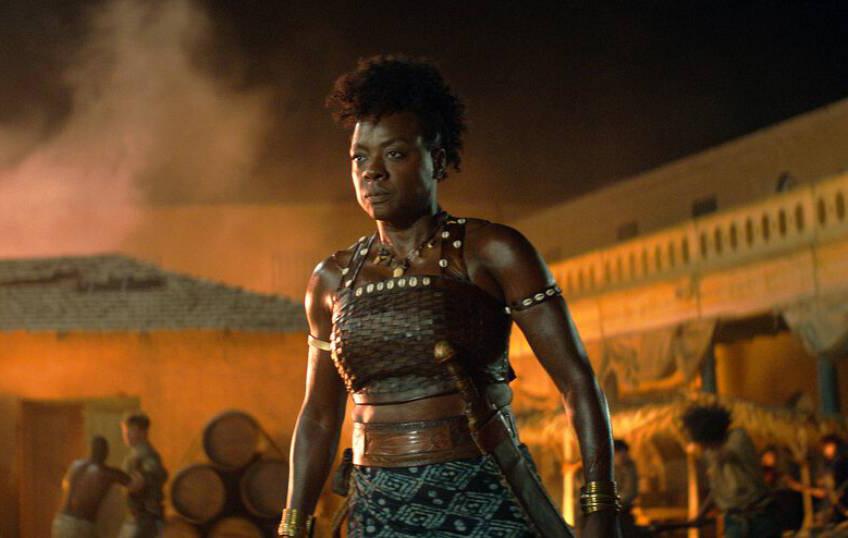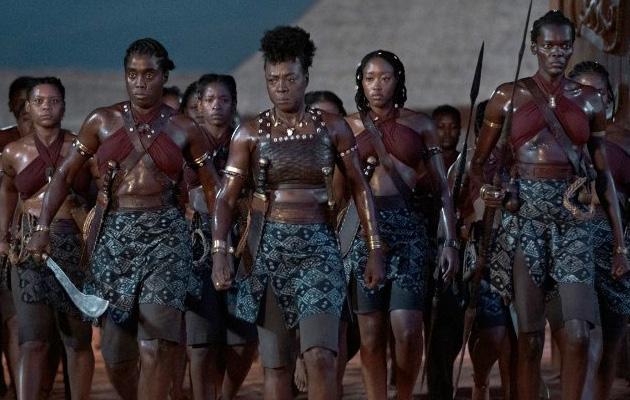
4 minute read
The Woman King - A Commentary

A Commentary
Advertisement


The Woman King is a sensational new movie starring Viola Davis, a theatrical force to be reckoned with. Her career has been seasoned with characterizations that exemplify the inner and exterior strength of Black women. Even though her role as General Nanisca in this movie solidifies her expertise as an actor and activist, it does so much more than that…it firmly establishes her as an icon in the industry! To reign in an industry that has systematically denied Black women the right to authentic self expression, is an accomplishment all by itself. Kudos to the movie’s director Gina Prince-Bythewood (Love & Basketball) and the all-star cast that consisted of exceptional actors such as Thuso Mbedu (The Underground Railroad), Lashana Lynch (No Time to Die), Sheila Atim (Doctor Strange: In the Mouth of Madness), John Boyega (Star Wars: Episode VII-IV) and Jimmy Odukoya (Mamba's Diamond). The story is based in the 1800s in the African kingdom of Dahomey. A group of all-female fierce warriors called the Agojie protected their new king and his kingdom from local warring tribes in their region and European and American invaders. General Nanisca and her courageous tribe of warriors would fight to the death for the cause of their king. She gently tries to persuade him to stop participating in the slave trade with the notion that eventually it would destroy their way of life. The Agojie tribe inspired the fictional Dora Milaje female army in the movie “Black Panther.” Their ferocious take no prisoners style of combat and training was at the center of this action packed movie. This required extensive fitness training for the female actors in the movie. For her role in The Woman King, Davis trained a minimum of five hours a day for three months. Her hard work is evident in every scene. She did 90% of her stunts in the movie.
Even though this movie is nontraditional for Hollywood, it has all of the characteristics of a blockbuster. It’s inspirational, has strong performances by its actors, maintains strong character development regardless of its pace, is action packed and memorable. There has been some controversy as to the authenticity of the story told, but that’s what Hollywood does, it takes a little bit of truth and personifies it exponentially.
Davis had this to say about the movie in her interview with Jazmine Hughes from The New York Times.
Jasmine:
“I wanna go back to one of the first times you saw a dark skinned black woman on your TV screen, which was Miss Cicely Tyson in the Autobiography of Miss Jane Pittman. Tell everyone a little bit about what that transformative moment of seeing her on your TV screen was like for you. Because I think a lot of people are going to have that same experience watching this film.“
Viola Davis:
“Well, I just think it’s hard to see a dream when you don’t see a physical manifestation of it. My sisters and I, all remember that moment… not only seeing her, but seeing her do that work at that level of excellence. It gave me permission to believe that I could do it. I think sometimes you need to be given permission. I understand that a lot of the mentality out there is going it alone and manifesting it yourself, But I think that we need each other. Especially when you sort of are in a culture that is so marred and weighed down by a history that tells you that you are nothing. So with her lips and that unapologetic performance, and you know I know her. I knew her. So I talked to her a few weeks before she passed, and to have that relationship was enormous for me. So that’s what Miss Tyson was to me and my sisters… it was like the big rope that just sort of dropped down into whatever pit I was in at that time and gave me permission to climb and I think that it’s sort of an awesome legacy to be able to do that for someone else.”
The Woman King is a gateway film for both old and young Black women across the Diaspora who haven’t seen their authentic selves in a film of this magnitude. It speaks to possibility and even more to probability. Perhaps it will assist in providing the hope necessary to continue the fight for equal representation in an industry that has often denied the true beauty of the multidimensional facets of the Black women to shine in front and behind the camera for centuries.










